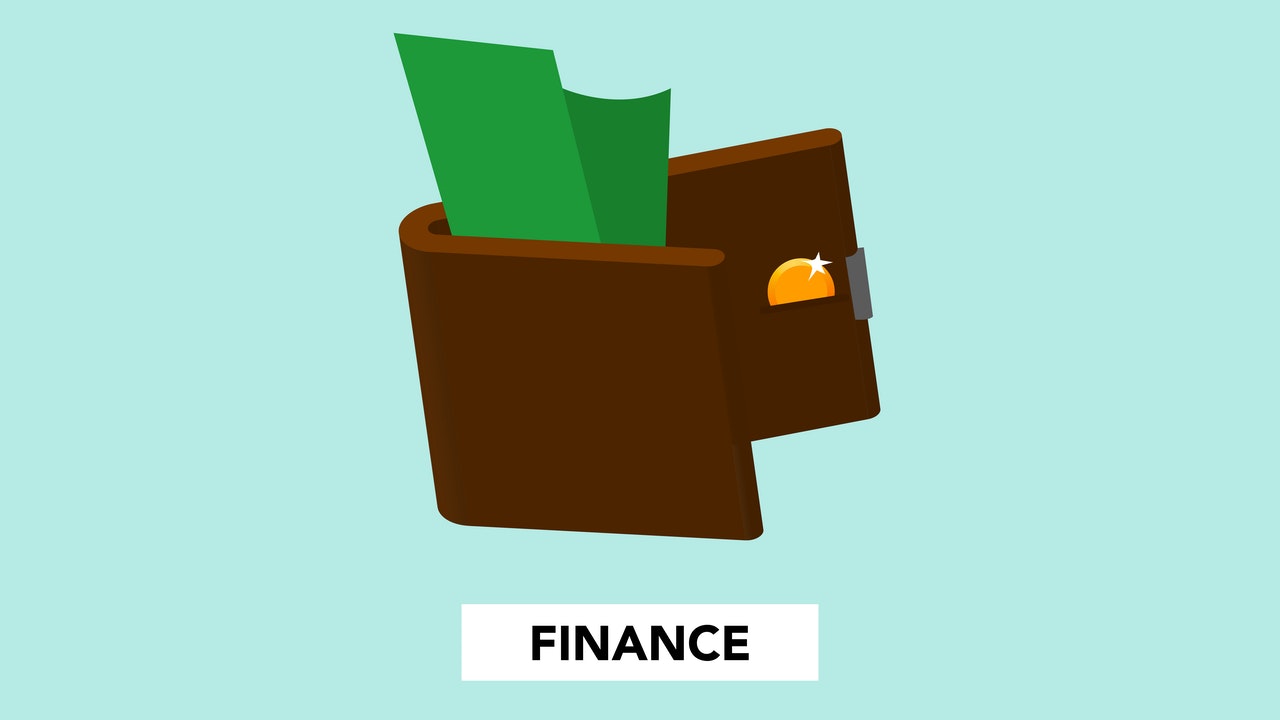Types of Loans You Need to Know About
When you borrow money, it might be used for a plethora of purposes, from buying an engagement ring for your fiancée to funding a new business. However, with all of the various loan types out there, which one is best for your purpose? Here’s a quick look at some of the most common kinds of loans.
Personal Loans
Most banks, be they on Main Street or online, offer personal loans. You can even find a specialized loan company or two that offer them. The proceeds from a loan of this type might be utilized for anything from paying bills to buying a new TV. These loans tend to be unsecured, and this means that the borrower doesn’t need to have any sort of collateral that could be confiscated in the event the borrower defaults on the loan, such as with a home or car loan. Generally, you can get a personal loan for as little as a few hundred dollars to as much as a few thousand dollars, and the repayment period might be anywhere from two to five years.
Credit Cards
Each time a consumer uses a credit card to pay for something, it’s the equivalent of taking out a personal loan. If you immediately pay the balance in full, you won’t be charged any interest. However, if you only pay a small portion of it, interest will be charged each month until you pay off the balance.
At the end of the final quarter of 2019, the average interest rate for credit cards was 16.88% APR, says the Federal Reserve, which was slightly down from the average rate from the second quarter, but nearly right where it was at the end of 2018. However, if you miss even a single payment, penalty rates can be even higher than that.
Home Equity Loans
If you own a home, you can borrow against any equity you’ve built up in it. That means that you can borrow up to the value of the portion of the house you actually own. For example, if your home is worth $100,000 and the balance of your mortgage is $40,000, you have $60,000 in equity to borrow against. Each lender will have different requirements on how much of that equity amount you can actually borrow, so be sure to shop around and read all the fine print before signing anything.
The largest potential downfall of a Home Equity Loan is that your house will be used as collateral for your loan. This means that if you default on the loan, you might just lose your house. You can use the proceeds from this type of loan for anything, but a lot of people tend to use them to expand or upgrade their home.
Small Business Loan
This type of loan is available from many banks as well as through the SBA (Small Business Administration). They’re generally sought by those setting up a new business or expanding an existing one.
To get a loan of this nature, you’ll need to submit a formal business plan so that the lending organization can review it. Terms of these loans generally include something called a personal guarantee, which means that the personal assets of the borrower will be used as collateral in the event of a default. These loans tend to be offered with repayment terms ranging from five years all the way to 25 years and sometimes the interest rates are negotiable.
If you’re considering taking out a loan, first, determine the type you need. You should also know how much you need and try not to borrow more than that. Be sure not to borrow more than you know you can pay back.

